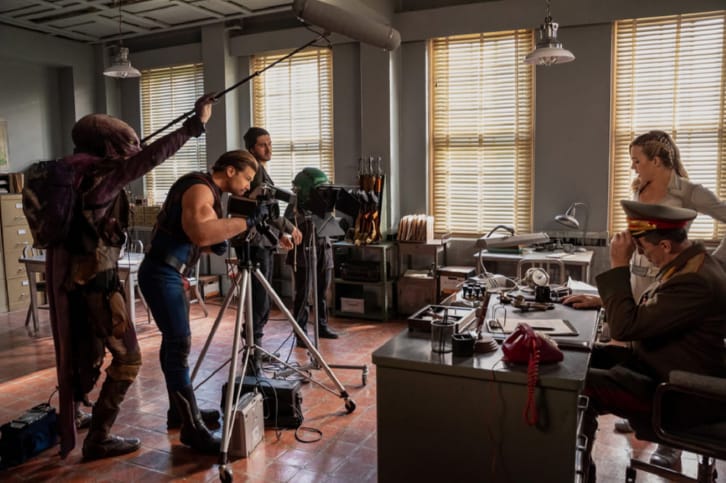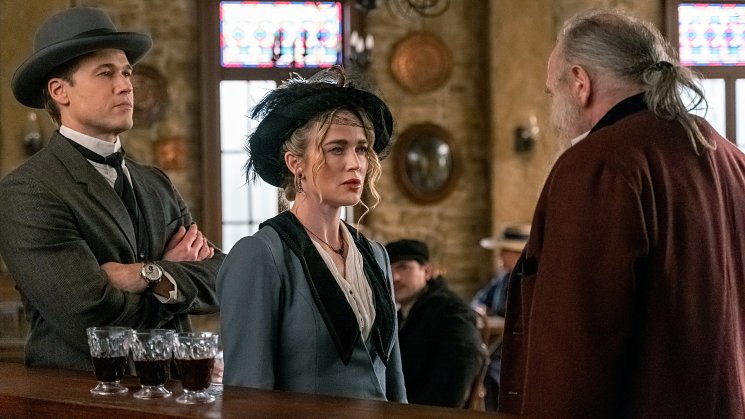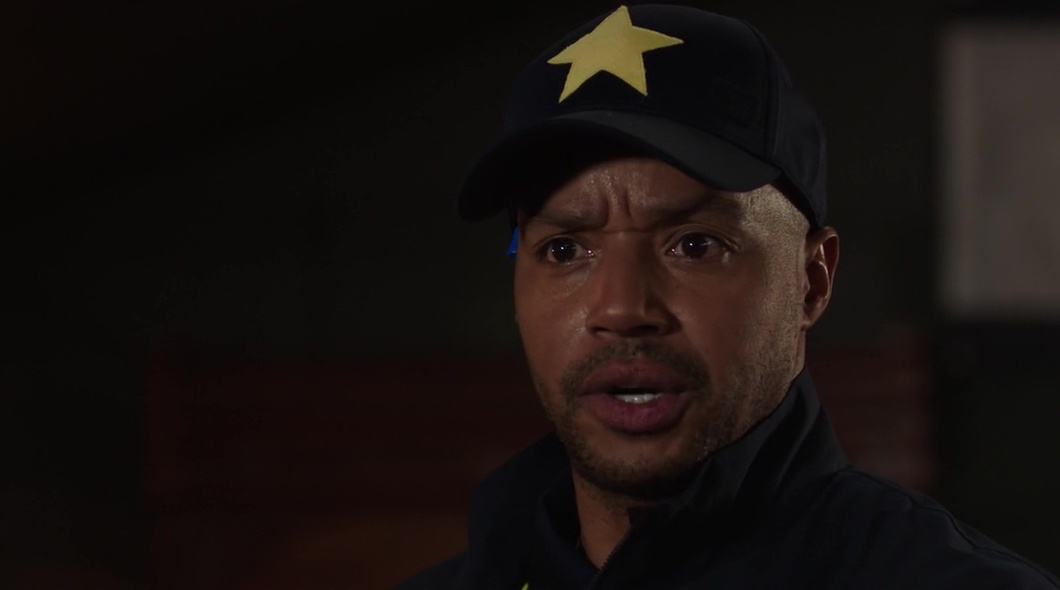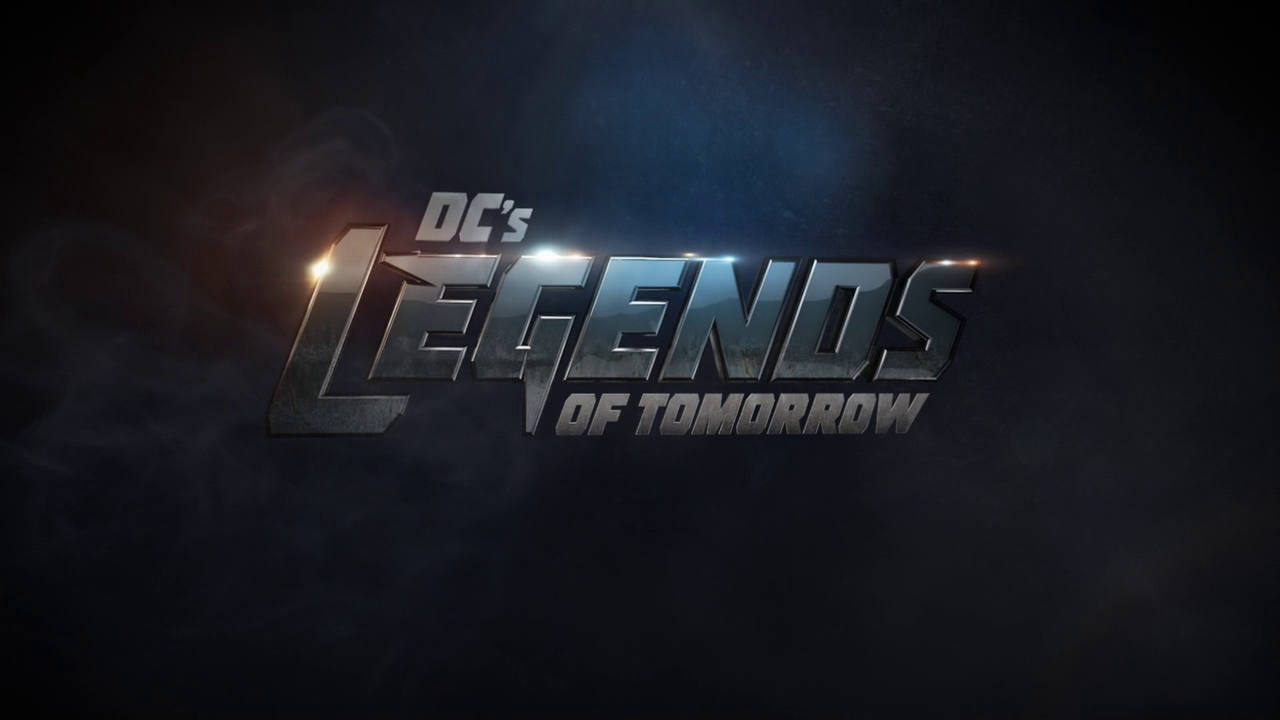NOTE: Some spoilers from throughout the seventh season of, “Legends of Tomorrow” are present in this review
It was disheartening to see DC’s Legends of Tomorrow suffer from an uncharacteristically weak sixth season during the height of the COVID-19 pandemic. It also felt evident that the series’ usual hook of constantly rotating settings, actors and scenarios was especially affected by the pandemic, possibly making Legends of Tomorrow the worst-suffering Arrowverse series while The CW was forced to grapple with an ever-shifting mandate of COVID-19 restrictions. Despite this, Legends of Tomorrow also appeared to be most bullish about proceeding ahead with its latest season order, delivering just over one month’s turnaround between its sixth and seventh seasons, which ultimately moved the series back into The CW’s Fall lineup, after it had migrated to midseason for the past two years.
Legends of Tomorrow’s seventh season feels like it was explicitly written to adapt to COVID-19 and its litany of production complications as well. Its first half notably strands the Legends within one singular time period, thus preventing the need for constant set and wardrobe rotation. Even after COVID-19 restrictions appeared to slightly loosen, this season largely kept to the same handful of recognizable sets regardless, specifically finding excuses to reuse the Waverider and Manor Dimension sets as much as possible. As much as this story hook was born out of necessity however (and no doubt The CW’s continually diminishing hold on DC’s character licenses), a reduction in scope is something that Legends of Tomorrow appears to benefit from throughout Season 7, even if this fan-favourite DC dramedy series still feels like it’s past its prime at this point.

Picking up exactly where Season 6 left off, Season 7 of Legends of Tomorrow begins with its time-hopping crew of anti-heroes stranded in Texas, 1925, after an alternate Waverider blows up their own time ship and vanishes. Suddenly forced to adapt to the early 20th century with no clear way home, albeit maintaining access to Constantine’s Manor Dimension as a home base, the Legends quickly discover a conspiracy involving historical figures being replaced by robot duplicates. This also occurs around the point that a botched spell by Astra turns the Waverider’s supercomputer, Gideon into a human, creating another major status quo shakeup for the Legends, as they scramble to unearth the mysterious new threat that’s facing them in the 1920’s.
This, by itself, is a pretty strong hook for a new Legends of Tomorrow season. In fact, I wish that the series had committed to it all the way, and not forcibly pivoted with a new arch-villain during its latest season’s latter portion, as the Arrowverse has been weirdly inclined to do when it’s forced to work with a compromised season template. Said new arch-villain also feels like another blatant COVID-19 compromise, on that note, as the main threat facing the Legends in Season 7 is initially purported to be Bishop again, the returning clone-themed villain and inventor of the Ava clones from Season 6. About halfway through the season however, this new Bishop is once again destroyed, and replaced by an evil Gideon, who in turn builds subservient robot duplicates of the Legends. This twist may effectively mean that Legends of Tomorrow’s showrunners didn’t need to hire any new villain actors, though this ‘evil Legends’ hook definitely would have been better served in its own season, rather than trying to shoehorn it into a separate marooning conflict that would have ideally benefited from a unique time traveling enemy.
Something that makes this villain issue quite apparent is a later storyline that delivers arguably the highlight of Legends of Tomorrow’s newest season; A detour to a time travelers’ bar, wherein everyone inside challenges themselves, often fatally, to alter the fixed point of Archduke Franz Ferdinand’s assassination, something that would prevent WWI. When the Legends are forced to try and alter this fixed point to engage evil Gideon, in turn exploiting Sara’s new invulnerability powers, they end up discovering that a reformed Eobard Thawne, one that’s no longer Reverse-Flash, is the one stopping time and dispatching the bar’s patrons, to prevent history from unraveling. This initially creates the promise of Sara having to stay behind in order to permanently guard this fixed point, after Thawne is killed by the evil Legends, thus sacrificing her relationship with Ava for the good of history, on top of having to leave the Legends forever. That would have been an amazing, poignant conclusion to Sara’s lead story arc on the series, but instead, Legends of Tomorrow frustratingly wimps out of this tease in the end, instead forcing the evil Nate to guard the fixed point instead, which allows Sara to remain with her team. Well, that’s a waste of a great storytelling opportunity!

It also feels like the over-arching conflict with evil Gideon doesn’t completely work even in concept, because it kind of invalidates Legends of Tomorrow’s previous seasons. The premise of the evil Gideon hook isn’t inherently terrible, especially for Gideon’s character, who definitely occupies one of the best character arcs in Season 7, now that she’s discovering humanity for the first time. Through being torn between her duties to her programming and her desire to become a true Legend, Gideon thus becomes the defining presence behind Season 7’s main thematic conflict; Is it ever okay to change history in order to right a wrong, and when is the burden of knowledge worse than the allure of chaos? Ultimately, Legends of Tomorrow appears to eventually say, “Screw the timeline!” this season as well, something that’s true to the Legends’ efforts to, “Save history for the better”, but also goes against the harsh, relentless consequences that messing with time has consistently caused in the Arrowverse, not just on Legends of Tomorrow, but even on its parent series, The Flash! Thus, Legends of Tomorrow yet again winds up inadvertently butting heads with the rules of another Arrowverse show, after its alien conflict ended up liberally stepping on the toes of Supergirl’s lore during the previous season.
On the bright side, the series managed to overcome a major loss to its heroes fairly quickly this season, while later delivering a worthy exit for a long-serving member of the team with its conclusion. After a very public spat with the network, Mick Rory/Heat Wave actor, Dominic Purcell seems to have abruptly exited Legends of Tomorrow, with the start of Season 7 claiming Mick flew off with his alien lover, Kayla right before the Legends are marooned in 1925, only for the team to later shrug and claim that Mick is retired, once they’re properly back on the Waverider. Huh? Did he tell the team he was leaving them off-screen? Still, Mick’s departure was handled as classily as it could be, and fortunately, it didn’t end up affecting the show’s narrative too much.
Mick’s vacant spot ended up being filled pretty nicely by an all-new personality anyway, played by the Arrowverse’s former Constantine actor, Matt Ryan. Lending further credence to the theory that DC took away The CW’s Constantine license after Legends of Tomorrow’s sixth season concluded (no doubt because of the in-development Constantine reboot series for HBO Max), but the network nonetheless didn’t want to dismiss Ryan, Ryan was ultimately recast as an all-new series regular character in Season 7, Dr. Gwyn Davies, the inventor of science-powered time travel in the Arrowverse. After an early running gag involving the Legends humourously being unable to place who Gwyn reminds them of, Gwyn’s traumatized, closeted homosexual WWI veteran character surprisingly became a highlight presence this season as well, on top of being a key catalyst surrounding the Legends deciding that sometimes it’s okay to game the system when tweaking the timeline for the good of good people. Or, so they thought.

The ending of Season 7 also ends up being pretty great, on this note, thus helping to make up for the disappointing ‘evil Legends’ arc. After Gwyn’s secret love, Alun Thomas is rescued from death during WWI, with Alun’s body being replaced with a robot duplicate that keeps the timeline intact, the Legends believe that they’ve finally proven evil Gideon wrong by making a positive change to history that didn’t unfurl reality. This ending still had heartfelt consequences for the team however, after Nate sacrifices the last of his metallic powers to save Alun, something that motivates ‘Citizen Steel’ to finally leave the Legends, and pursue a new life as a writer. This is a very bittersweet and satisfying exit for Nate, who has been a staple on this series since its second season, but again, his spot is being filled by an exciting new presence; Time guardian, Mike, played by Scrubs’ Donald Faison, who, as it turns out, is fan-favourite DC superhero, Booster Gold! There isn’t much time to celebrate executive producer, Greg Berlanti finally getting to realize his longstanding dream of bringing Booster Gold into the Arrowverse however, as Mike/Booster and the Legends are quickly arrested by a squad of time cops, thus ending Season 7 on a promising, optimistic cliffhanger, despite the looming CW sale threatening the continued existence of Legends of Tomorrow past this season, along with most of the network’s other DC shows.
Fortunately, the showrunners did everything they could to write in some safeguards, should Legends of Tomorrow not ultimately get a Season 8 renewal. The series notably celebrated its 100th episode during Season 7, something that saw several of the series’ departed leads briefly return as part of a Waverider simulation within Gideon’s mind, including Wentworth Miller’s Leonard Snart/Captain Cold, Falk Hentschel’s Carter Hall/Hawkman, Franz Drameh’s Jefferson Jackson and Victor Garber’s Martin Stein/Firestorm, Arthur Darvill’s Rip Hunter, Brandon Routh’s Ray Palmer/The Atom, and Courtney Ford’s Nora Darhk. This reunion with many legacy Legends made for a mostly decent 100th episode, but where the series really hit a great emotional rhythm is during Season 7’s penultimate episode, wherein the Legends are forced to retire, albeit temporarily. This unexpected challenge presented by evil Gideon, after she offers to take over protecting the timeline, is easily the most interesting point of the evil Gideon storyline, as it forces the Legends to consider their futures beyond the Waverider, and whether giving up their time travel will end up being a net positive for history. This inevitably doesn’t stick, and it leaves Legends of Tomorrow in a bit of a bind if the series does continue into Season 8, since it’s now burned through all of the emotions that you’d normally expect for a series finale, but this retirement episode nonetheless proved to be Season 7’s best, thanks to its heartfelt examination of the growth achieved by every Legend’s time on the Waverider, however long or short it’s been for each of them.

It’s also nice that Legends of Tomorrow is willing to acknowledge that this could be the end of the line in such an honest, emotionally gratifying way, with the uncertainty surrounding The CW’s future ironically bolstering a series narrative that’s felt a little long-in-the-tooth over the past couple of years. The result is a seventh season for Legends of Tomorrow that thankfully improves upon the show’s more underwhelming sixth season, though not universally. This series’ knack for reinventing itself on a dime, even during COVID-19 restrictions, remains highly impressive, but it doesn’t change the fact that Legends of Tomorrow still feels past its prime by now. Its awkward mish-mash of a marooning conflict and an evil Legends battle doesn’t work all that well in execution, especially when the storytelling tries to present a definitive debate about the integrity of time travel, only to mostly wimp out of it in the end. Fortunately, this is balanced out by a surprisingly effective recasting of Matt Ryan as Dr. Gwyn Davies, as well as a heartfelt, rewarding exit for Nate, and an emotionally riveting journey to humanity for Gideon, one that finally allows Legends of Tomorrow’s Gideon actress, Amy Louise Pemberton to truly join the team that she’s spiritually been a part of since this series first premiered in 2016.
I sincerely hope that Legends of Tomorrow manages to eke out at least one more season before its time traveling journey is truly done, should The CW sale allow it. If nothing else, the long overdue addition of Booster Gold to the Legends’ ensemble demands to be experienced for at least one run of new episodes, assuming the Legends are lucky enough to be granted some sort of parole by their new jailers.

